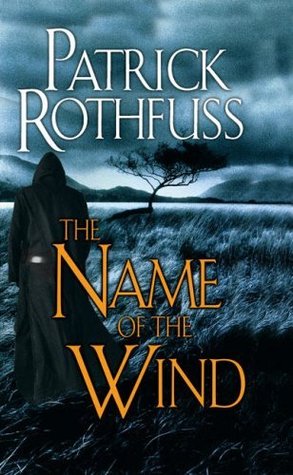In my introduction to this selection, I found a quote from Fitzgerald stating that the idea for this short novella came from a quote of Mark Twain that “it was a pity that the best part of life came at the beginning and the worst part at the end.” So, is it better to age oppositely, so that you are born with life’s experiences and an aged body and then as your chronological age increases, your physical age decreases? The Curious Case of Benjamin Button seeks to answer that question.
The story begins with the Buttons, a well-to-do couple on the up-and-up with every advantage ahead of them. The next phase is a family, but when Benjamin is born, it is utter disaster for Mr. Roger Button: “A grotesque picture formed itself with dreadful clarity before the eyes of the tortured man – a picture of himself walking through the crowded streets of the city with this appalling apparition stalked by his side.” For Benjamin Button was born “an old man apparently about seventy years of age.” The story progresses with Benjamin on the outside for his entire life, from spending quality time with his grandfather sitting on the porch in his first decade to playing with kindergartners while in his 70s. He is never fully accepted by his family or his peers, and spends much his time sad and alone. In fact, the only truly happy time in his life was in his middle years, when his actual age closely matched his physical age.
Fitzgerald’s answer, then, is that your life would be worse if lived oppositely – always an outcast, always hiding who you are, constantly frustrated by an inability to reconcile his desires to his capabilities, poignantly illustrated as he nears the end of his life, looking like a small child: “He went back a third year to kindergarten, but he was too little now to understand what the bright shining strips of paper were for. He cried because the other boys were bigger than he and he was afraid of them. The teacher talked to him, but though he tried to understand he could not understand at all.”
Fitzgerald omits many details in this story, such as his mother’s name, but there was a repeated emphasis that everyone must act his or her own age, with Benjamin’s father and son looking foolishly narrow-minded in their embarrassment of Benjamin. I saw two points raised by this story: one, that given a change from the norm, i.e. a man who ages backwards, compassion and understanding should still be at the fore of everyone involved, rather than the anger and embarrassment that punished Benjamin for the “affliction” he had no say over. Secondly, Fitzgerald shows that age and experience are necessarily tied together. One cannot have the wisdom of experience without the experience itself. And so, to wish that you were young again is a thought gained through the wisdom of having experienced being young, and makes it impossible to have that experience again. Mark Twain, you are but wrong.
Interesting read, though only 82 pages. If it were longer, I would give it a pass, but because it is so short, I will give it a recommendation. Three bottles of hair dye out of five.
1 day ago





3 comments:
That's funny. Your review is exactly the opposite of my thoughts on the movie. If it were shorter I would have passed it but it dragged on for three hours. Looking forward to the next few reads... and thanks for the Hornby updates. I've enjoyed all the links.
So Benjamin Button kind of surprised me. I knew it was short, but whoa, it was So short. I felt like I should read it slower to make his crazy backwards life longer or something.
Also, this was my first time reading F. S. Fitzgerald (I skipped Ontario's regular grade 11 english class, so I don't know anything about The Great Gatsby, other than they keep printing it with different covers...), which was interesting... I don't think I actually like him as an author, in the sense that I don't relate to his manner of story-telling. But that's not always the point of good fiction, right.
I found Benjamin Button to be an interesting way to show and critique the society of the time. And seriously, what happened to Benjamin's mother?!
Also, Miranda July's book was strange and rad.
Nice review, Spasz. The language is quite dated, I agree. It was like reading a pamphlet for the circus or something. I think you should read Gatsby, however. It is much better written, and certainly a pillar of Western culture. And you'll get more jokes. Like of King of Queens, Doug thought that Gatsby was a magician - "Why else would he be called 'Great'?" Ahhh, television.
Post a Comment